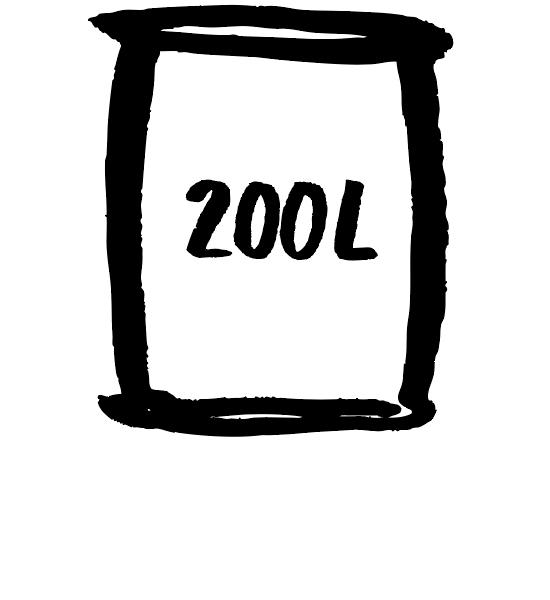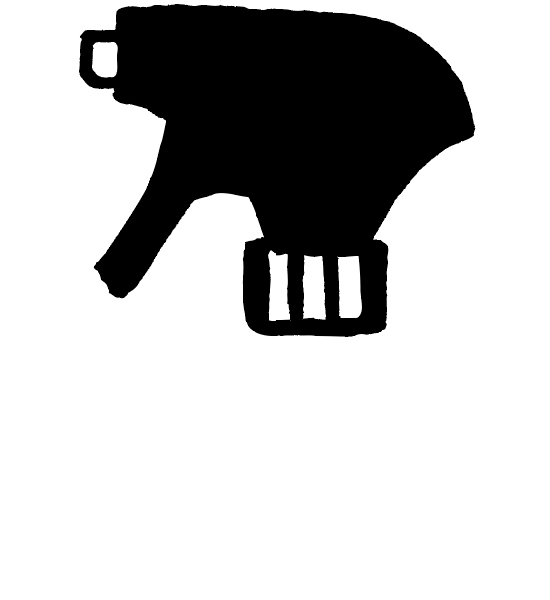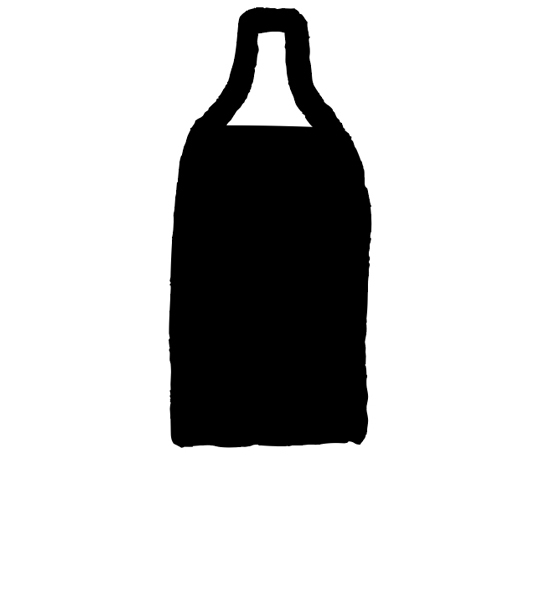12 Guiding Principles For Responsible Formulation Chemistry
Taking inspiration from the principles of Green Chemistry, our 12 Guiding Principles For Responsible Formulation Chemistry are:
 1. Prevent Waste
1. Prevent Waste
Limiting the range of raw materials we purchase, buying in returnable bulk. When considering a new formulation, we start with the materials we know to have in stock already.
 2. Functional Economy
2. Functional Economy
Our primary consideration is product performance over marketing. This also applies retroactively. Over the last years we have removed materials from several products. In all cases, these additions were providing style over substance and their removal makes room for materials focused purely on benefiting performance.
 3. Safer Manufacturing
3. Safer Manufacturing
We manufacture all our products in our own factory in Finedon, Northamptonshire. All new and existing formulations must consider the health and safety of our factory workers. We regularly check updated summaries of classifications and labelling from ECHA (European Chemicals Agency). It often requires invention to work around raw materials whilst maintaining performance, but it is always worth the effort.
 4. Design Benign Products
4. Design Benign Products
Safer manufacturing and raw materials lead to safer products, from source to sink.
 5. Safer Sustainable Builders
5. Safer Sustainable Builders
We have long since moved away from builders based on phosphates and phosphonates, which can cause eutrophication of bodies of water. We always take a cautious approach when introduced to new builders and will only include them if they provide a notable benefit to performance and do not introduce any negative environmental consequences.
 6. Energy Efficiency
6. Energy Efficiency
We take into consideration our storage of raw materials, the manufacturing process and the energy consumption of raw material synthesis as well as carriage. We always buy from the Uk or Europe before looking further afield wherever we can.
 7. Renewable Feedstocks
7. Renewable Feedstocks
We formulate using renewably sourced raw materials and higher grade RSPO (roundtable on sustainable palm oil) or otherwise certified stock. We continue to trial novel alternative surfactants that may help to ease future demand on palm and coconut whilst still avoiding petroleum sources.
 8. Reduce Derivatives
8. Reduce Derivatives
We have a reduced product range, only beginning new formulations where there are distinct requirements which cannot be fulfilled by an existing product. We have also driven to reduce raw material derivatives. By reducing our range of purchased materials, we can buy more efficiently and in greater bulk.
 9. Prefer Multifunctional Materials
9. Prefer Multifunctional Materials
If we can use fewer raw materials per product without impacting performance, we will always look to do so.
 10. Ecolabel Biodegradability Criteria
10. Ecolabel Biodegradability Criteria
We only want to use components that are biodegradable or readily biodegradable, or which don’t require biodegradability criteria, like salt. We do this regardless of whether the law says we need to! For example, acrylic polymers are still commonplace in powder dishwash formulations to reduce streaking and water marks, but we don’t use them.
 11. Product Stewardship
11. Product Stewardship
Taking a holistic view of each product: considering all aspects from production, packaging, health and safety and more. It’s a benefit of being a small business that we all know and take into consideration each other’s challenges.
 12. Right First Time Manufacture
12. Right First Time Manufacture
We try our best to formulate reliable, repeatable products. Before any new formulation reaches bulk production, it will be made at least three or four times in the lab and have undergone stability testing.
Find out more about our ethics here.